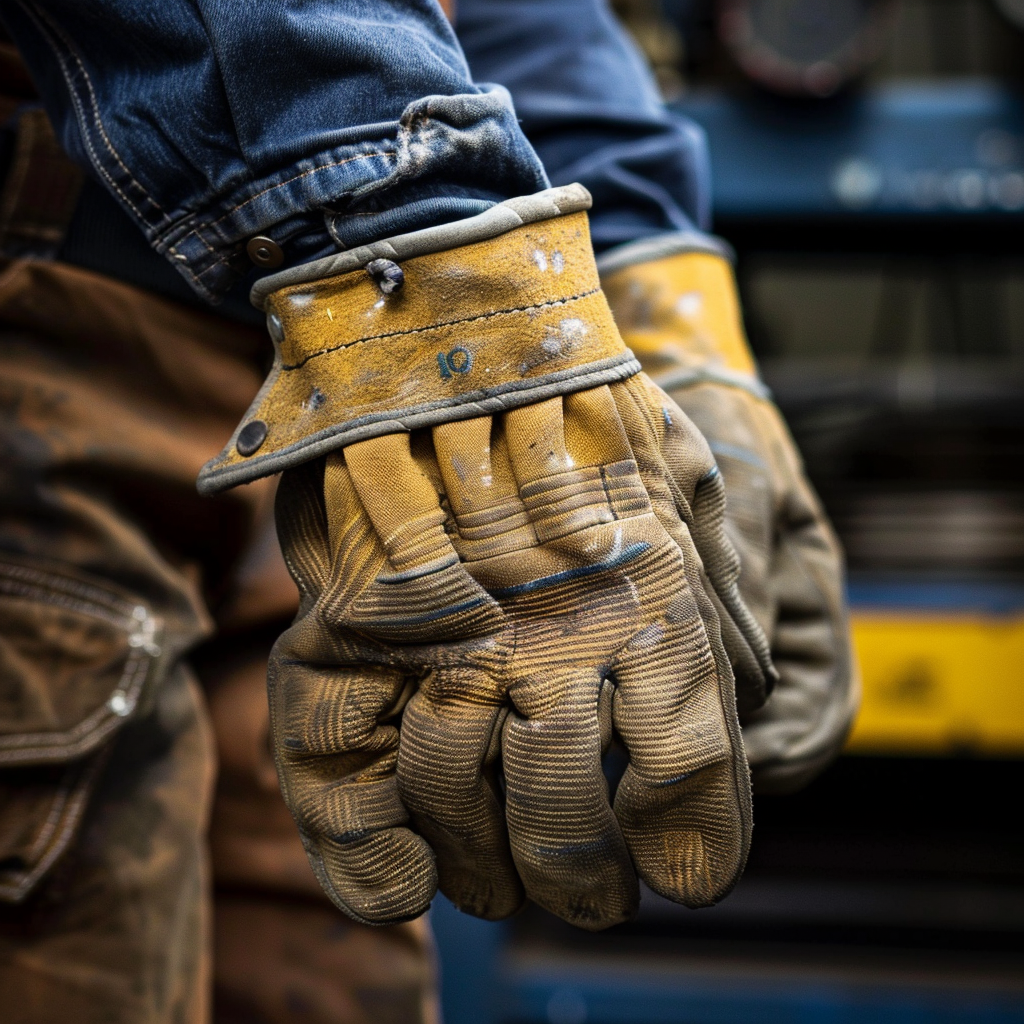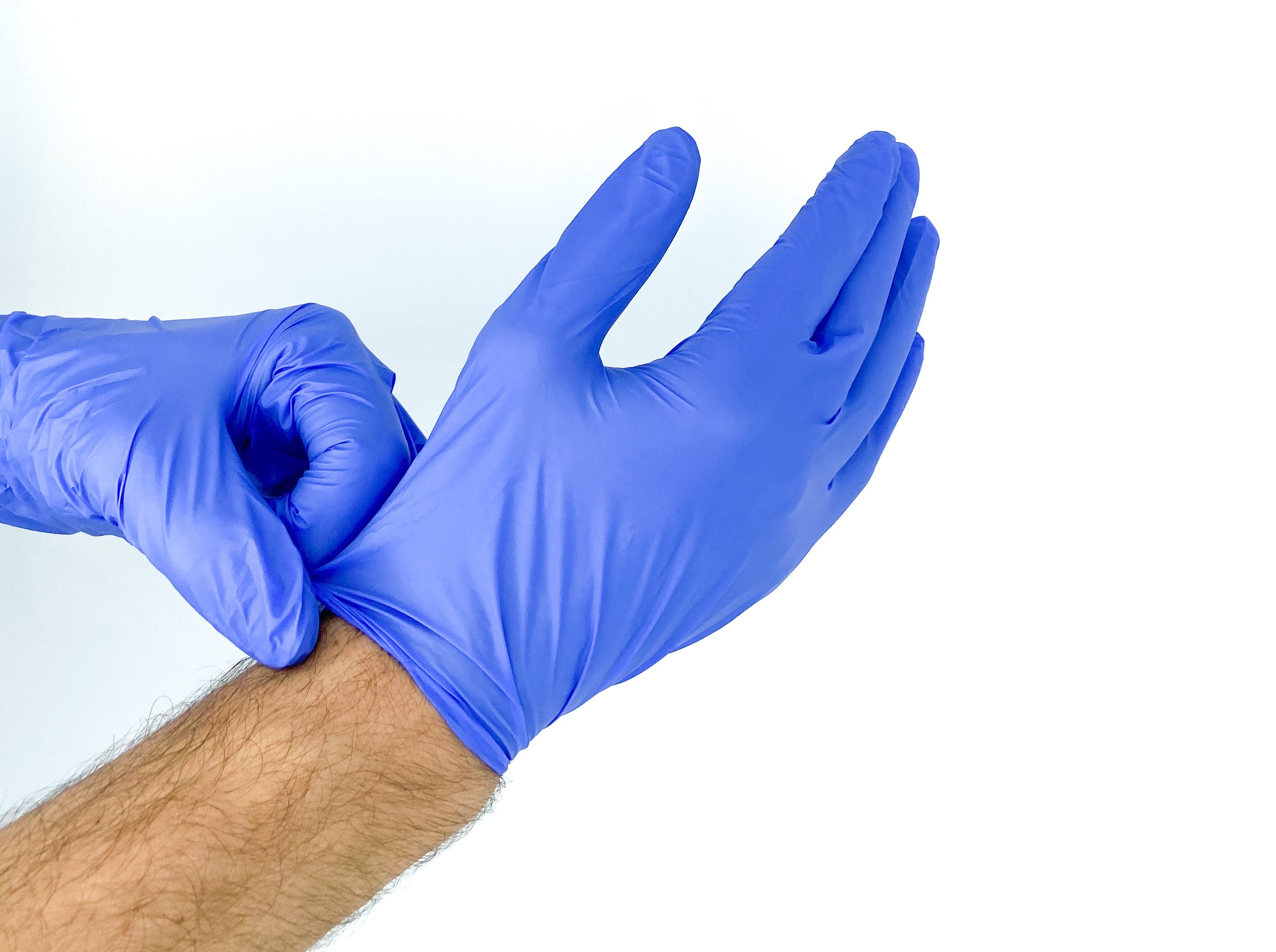My hands, they ain’t what they used to be. All them years, you know, workin’ and cleanin’. So, I gotta be careful. These days, I’m all about them valeting gloves. Gotta keep my hands safe, you see.
Pickin’ the Right Gloves
Now, pickin’ the right valeting gloves, it ain’t as easy as pie. You gotta think about what you’re doin’. You cleanin’ the car? You fixin’ somethin’? Different jobs need different gloves, I tell ya.

- For just a simple clean: If you’re just dustin’ and whippin’ things down, you can use them thin gloves. The kind that’s like a second skin.
- For the dirty stuff: If you’re dealin’ with grease and grime, you need somethin’ thicker. Somethin’ that can stand up to all that dirt.
- For the chemicals: Some of them cleanin’ supplies, they’re strong! You don’t want that stuff touchin’ your skin. Gotta have them heavy-duty gloves for that.
What Them Gloves Are Made Of
These valeting gloves, they come in all sorts. Some are made of rubber, some are made of plastic. I heard them smart folks call ’em different names, like “nitrile” or somethin’. Sounds fancy, but all I know is, some are tougher than others.
Them rubber ones, they’re good for most things. But if you’re dealin’ with real strong chemicals, you might need them plastic ones. They say them plastic gloves can handle anything. The rubber ones, there’s natural, butyl, neoprene, nitrile and fluorocarbon, and the plastic ones, there’s somethin’ called PVC. I don’t understand these names, but I do know that some gloves are just tougher than others. Like my old man’s work boots, tough as nails!
Keepin’ Your Hands Safe
Why bother with these valeting gloves, you ask? Well, let me tell ya, your hands are important. You use ’em for everything! And them cleanin’ chemicals, they can be nasty. They can dry out your skin, make it all red and itchy. Not fun, I tell ya. You want to choose the best valeting gloves for your needs.
And it ain’t just about chemicals. Sometimes, you’re workin’ with sharp things, or things that can pinch ya. Good valeting gloves can protect you from all that. They’re like armor for your hands, keepin’ ’em safe from all the bad stuff. If you use white gloves with a white suit, they should be in harmony.
Different Gloves for Different Jobs
Like I said before, you gotta match the glove to the job. You wouldn’t wear your Sunday best to muck out the stalls, would ya? Same goes for valeting gloves.
- Light cleanin’: Thin gloves are fine.
- Heavy cleanin’: Thicker gloves are better.
- Fixin’ things: You might need gloves that protect you from cuts and scrapes.
- Usin’ strong chemicals: Get them heavy-duty plastic gloves.
Them safety gloves for workers, they’re important, they need to choose the right pair of gloves. There’s even a chart for them electric gloves. Class 0 is good up to 1000V for AC and 1500V for DC. Class 1 is good up to 7500V for AC and 11250 for DC. Class 2 is good up to 17000V for AC and 25500V for DC. And Class 3 is good up to 26500V for AC and 39750V for DC. Don’t want to get zapped now, do we?
Takin’ Care of Your Gloves
Now, once you got your valeting gloves, you gotta take care of ’em. Don’t just leave ’em lyin’ around. Rinse ’em off after you use ’em, especially if you’ve been dealin’ with chemicals. And let ’em dry properly. You want them gloves to last, right?

And if your gloves get a hole or a tear, don’t be stingy! Toss ’em out and get a new pair. A holey glove ain’t gonna protect ya, is it? It’s like tryin’ to keep the rain out with a leaky bucket. Just ain’t gonna work. There are standards for choosing the best valeting gloves, you should look for certification.
So, there you have it. That’s all I know about valeting gloves. Remember to choose the right ones, take care of ’em, and keep your hands safe. They’re the only ones you got! Your hands will thank ya, and you’ll be able to keep on cleanin’ and fixin’ for years to come. These valeting gloves, they’re a lifesaver, I tell ya. A real lifesaver. When changing an in-tank fuel pump or cleaning parts, you must also wear suitable gloves.




















